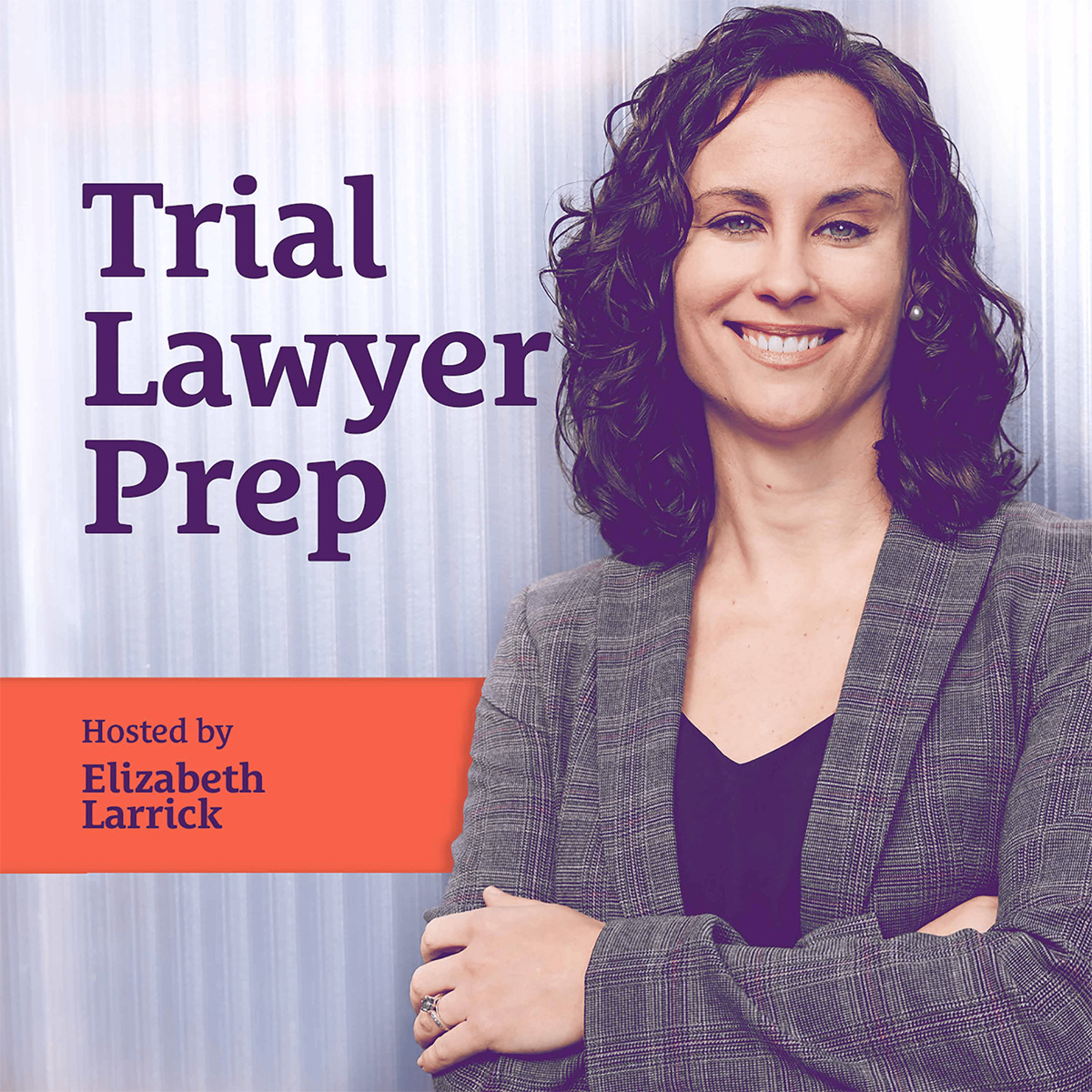Trial Lawyer John Prudhomme Analyzes How His Virtual Focus Group Compared to the Real Jury Trial
Join us as we speak with John Prudhomme from CPM Injury Lawyers about a gripping case involving a fuel tanker rear-ending a dump truck on I-35. Despite undeniable footage and an outright admission from the tanker driver, the defense stood firm with no settlement offers. Find out how a virtual focus group became a game-changer in predicting jury perceptions and why the trial venue added layers of complexity to an already dramatic case.
John also shares insights from a case involving a veteran client whose trial took an unexpected turn. We discuss how the jury’s interest veered from medical details to family dynamics, revealing the nuanced way personal stories can sway verdicts. With veterans on the jury panel and collateral source issues lurking in the background, emphasizing the family impact became crucial. Tune in to hear how highway speed regulations and surveillance footage reshaped the narrative and influenced the jury’s decisions.
We also get into the nitty-gritty of trial strategies and financial considerations. From life care plans to the client’s lifestyle choices, find out how these elements played a crucial role in the jury’s perception. John emphasizes the unpredictable nature of trials, the importance of expert testimonies, and the critical role of pre-trial preparations. This episode is a goldmine of insights for any trial lawyer seeking to refine their skills and connect more effectively with juries
In this episode, you will hear:
- Case study: fuel tanker rear-ending a dump truck on I-35.
- Utilizing virtual focus groups to understand jury perceptions and defense strategies
- Adjusting trial tactics based on real-time feedback
- Challenges of dealing with surveillance evidence and unexpected jury reactions
- The critical role of life care plans and financial implications in influencing jury decisions
- Importance of pre-trial preparations and adapting to unpredictable trial elements
Follow and Review:
We’d love for you to follow us if you haven’t yet. Click that purple ‘+’ in the top right corner of your Apple Podcasts app. We’d love it even more if you could drop a review or 5-star rating over on Apple Podcasts. Simply select “Ratings and Reviews” and “Write a Review” then a quick line with your favorite part of the episode. It only takes a second and it helps spread the word about the podcast.
Supporting Resources:
Would you like to talk to John Prudhomme about his experience? Questions about his trial?
You can reach out to John by email: jprudhomme@caglefirm.com
Learn more about John’s practice here: https://www.caglefirm.com/
If you are interested in working with me on a focus group, please book a free call using this link: www.calendly.com/elizabethlarrick
Episode Credits:
If you like this podcast and are thinking of creating your own, consider talking to my producer, Emerald City Productions. They helped me grow and produce the podcast you are listening to right now. Find out more at https://emeraldcitypro.com Let them know I sent you.
